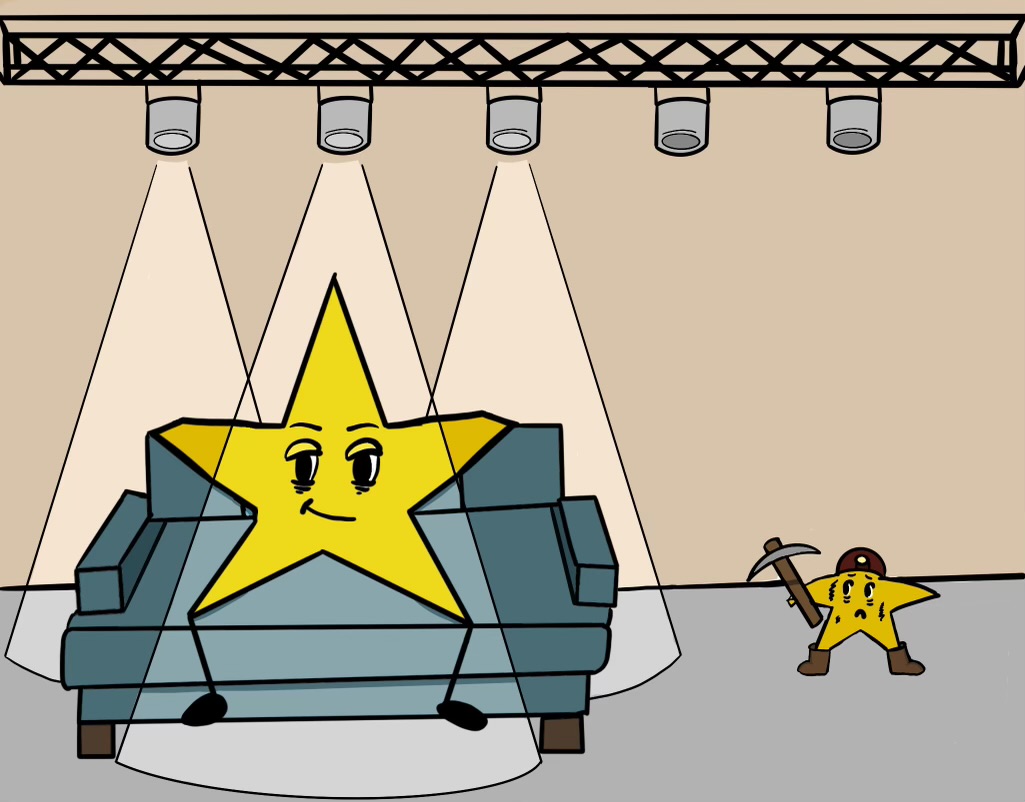If you’ve been on TikTok in the past couple of months, you’ve probably heard the words “demure” or “brat.” You can thank the ripple effect stemming from social media for the trendy slang’s wildfire-like expansion. The trends have grown so much that it’s hard to remember how they originated.
The rise in popularity of the word “demure” originated from TikTok creator Jools Lebron. Lebron had originally posted a video that included her saying, “See how I do my makeup for work? Very demure. Very mindful.” Since then, she has continued to create videos including the word, leading the charge as others have followed suit, further expanding the term’s reach. Defined in the Merriam-Webster Dictionary as being “affectedly modest, reserved, or serious,” the “demure” trend has redefined the word to have a humorous undertone. Since the original video, Lebron has been riding the wave of internet fame and enjoying the numerous opportunities opened to her because of the original 38-second video.
As for the “brat” phenomenon, it originated from the marketing of the album “BRAT” by Charli XCX. Charli has redefined the meaning of the word. Before the massive outreach of the “brat” summer trend, the word was used to describe someone annoying, entitled, and poorly mannered. Following the release of the album, “brat” has become a term of endearment that describes someone carefree and bold, which in turn has caused the aestheticization of the word. Similar to what we saw last summer with “hot girl summer,” emerging from a Megan Thee Stallion song of the same name, fans of the album began to declare a “brat summer” which has been making waves throughout social media.
The “brat” and “demure” trends are just two of the numerous trends that have reaped the benefits of the ripple effect. As more and more people catch on to social media trends, the trends only get bigger as one person can reach countless others. At its core, every social media trend is the result of the ripple effect and sometimes these ripples get so large they start trends and redefine vocabulary as we know it.
This piece was originally published in Zephyrus’ print edition on September 26, 2024









